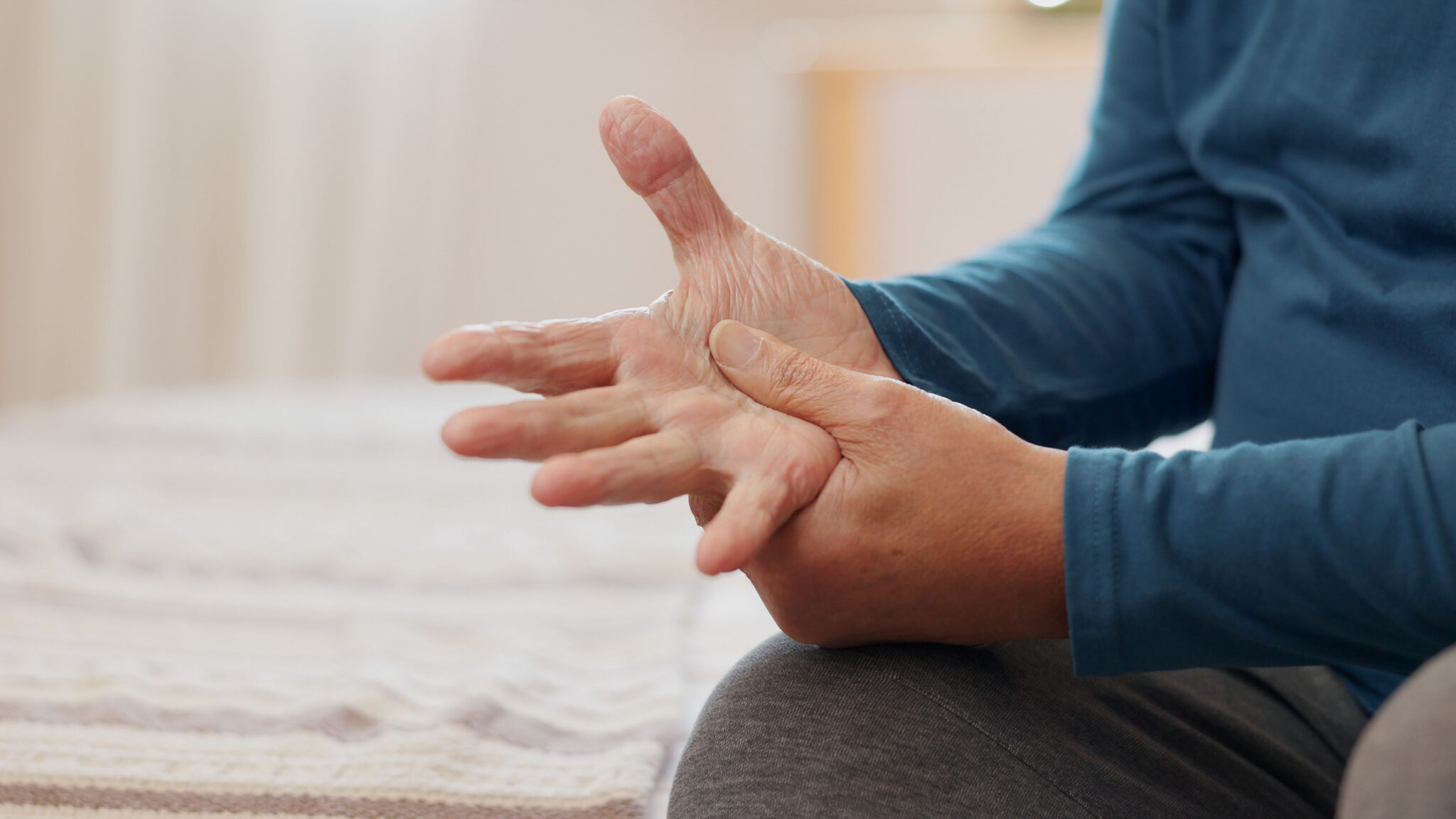A bacterium best known for causing tooth decay has been linked to Parkinson’s disease, in what researchers call the first study to show a direct microbial pathway driving the condition.
The study, published this month in Nature Communications, was led by researchers in South Korea at POSTECH and Sungkyunkwan University, with collaborators from Seoul National University. It found that Streptococcus mutans — typically found in the mouth — was present in the gut microbiome of people with Parkinson’s disease and appeared to play a central role.
The team analyzed stool samples from nearly 500 patients with Parkinson’s and 234 healthy controls, creating a high-resolution profile of the gut microbiome.
They discovered that S. mutans produces an enzyme called UrdA, which generates a compound known as imidazole propionate. That metabolite, the authors showed, can travel to the brain and damage dopamine-producing neurons — a hallmark of Parkinson’s.
When researchers introduced S. mutans or the metabolite into mice, the animals developed motor problems and brain changes resembling those seen in Parkinson’s disease.
The findings suggest, for the first time, a direct “gut–brain” microbial mechanism for the neurodegenerative disorder, and raise questions about whether oral health could influence neurological disease risk.
Other recent research
Just months earlier, on June 9, a separate study led by King’s College London reported that mouth and gut bacteria were linked to brain changes in Parkinson’s, particularly in relation to cognitive decline. That study, however, was observational and focused on associations seen in MRI scans — without identifying a specific microbial pathway.
Together, the two studies highlight a growing recognition of the oral–gut–brain axis in Parkinson’s disease.
On average, 38 people in Canada are diagnosed with parkinsonism every day. The risk of developing parkinsonism generally increases with age. Almost eight out of 10 people are diagnosed after the age of 65.
